Should TV industry censor itself to thwart Big Brother?
On the one hand, Imagine, the channel that telecasts Rakhi Ka Insaaf, shifted the show from prime time slot to 11 pm, while Viacom 18 "s Colors challenged the I &B ministry's order for its show Bigg Boss 4. Eventually, the Bombay High Court stayed the order and Colors went ahead and telecast the show at 9 pm.
The I & B ministry's order has raised tantalising questions: what really is adult content in the context of the rapidly evolving Indian society; and at what point does sensible censorship slip into sanctimonious moral policing. The mores of a society is an extremely important factor for deciding what content is not acceptable for public viewing. The order called for the change in time slots to keep children unexposed to complicated adult realities like divorce, physical abuse, casting couch, and abusive language.
However, the Indian television industry today is largely congested with channels unflinchingly displaying those very realities. Be it a General Entertainment Channel or a news channel or the ones which tag themselves as "youth channel", they all run thematic forms of entertainment based on fidelity, criminal acts, or emotional justice that overrules complex social codes. Although the news channels got into an introspective mode †after the Uma Khurana case, Arushi murder case and the 26/11 news coverage †through its self-regulatory body News Broadcasters Association, it has been business as usual for the GEC space.
The channels have vouched for self-censorship at times by carrying disclaimers; but the industry has no regulatory body. Should the television industry have censorship norms? Does it need a quasi-judicial regulatory body? Should this regulatory body be represented by industry insiders or should it have a fair representation from both the industry as well as the state?
Adgully spoke to industry experts to gauge their sentiments on this issue and if regulation or self-censorship was the real answer.
Endorsing the I&B ministry's decision, Harish Bijoor, brand-expert & CEO, Harish Bijoor Consults Inc., says, "Strange as it may sound, I am for it. There is an "innocent audience" in this country that is oft taken for granted in this country. This is the child audience of this country. In a nation that does not believe in child-locks on the television, the television set is the most accessible point of entertainment for the child in the home. A set that is accessible at will, and a set that is aired by the child with the entire family at home on most occasions. In some, there is solus viewing as well."
He further states that the broadcasters have taken this child audience for granted and today, it is not only program content, but it is also advertising that is guilty of it. "Sensitivity to the child audience of this country has been lost track of. Television serial content has kept pushing the envelope, slowly but surely. It has now pushed it so far, that the government needs to act. Self-regulation and self-restraint has been totally missing in the quest for the TRP at large," Bijoor adds.
He also adds that the orders speak positively about segregating choice. "A great way of showing sensitivity to the child audience of this country as well," he opines.
Bijoor's opinions find a counter in the thoughts of Nabankur 'Nobby' Gupta, founder, Nobby Brand Architects. He says, "First of all I don't believe in adult and non-adult content, unless it really tends to heinous in nature or it tends to be pornographic in nature. If we look at society at large or television viewing in specific there is adequate amount of so called adult content available other than Bigg Boss 4, these contents involve some movie transmissions or telecast of international shows and also are available on some local channels too. There is so much of crude violence being shown; people openly talk about sensitive issues like rape further exploiting the victim and victim's family."
Having said this, Gupta feels that the industry has to self-regulate itself than being monitored by a third party. "Why has only one or two programs being targeted? And if the government determines what can be transmitted and what cannot be transmitted then it is challenging the freedom of media. Now how will the government monitor if children still watch the show at 11pm? So I think there is a basic need for the television industry to self-regulate itself," Gupta adds.
Acknowledging that the change in time slots would not really solve the problem, but supporting the government's move, Rajeev Karwal, the chief executive officer and founder director, Milagrow, says, "I am for the decision taken but I would much rather have a body like the censor board to govern the programming which goes onto the small box, with strong do's and dont's and not have the Government interfere on a case to case basis. I also feel that news channels and most language channels are exploiting the normal human tendency towards the bizarre and the forbidden. I remember what news channels did during Aarushi murder trials. It was really in bad taste. Some channels also show the rituals around black magic in a 'sensationalist' and not a 'scientific/knowledge' mindset. Besides, viewing time at 11pm will not make any difference because the younger generation is nocturnal while the older generation is not."
The majority is currently swinging towards the need for regulating the content that is programmed across the channels. However, it is a very important element which requires clarity if we are talking of setting better standards for the industry and society at large or if we are talking about censoring the content on television. Moreover the society today also requires a body that can answer the many questions surrounding the television industry in the area of content, professional standards, concepts and empathy for the audience at large. But the question remains if the channels can follow self-censorship and rectify the discrepancies of the recent times, or should the government step in and monitor the over-indulgence of the industry. Self-regulation means a call for fairer and broader understanding of one's own mistakes and shortcomings, while government-led regulation means setting foot into endangering the freedom of media. | By Prabha Hegde [prabha(at)adgully.com]


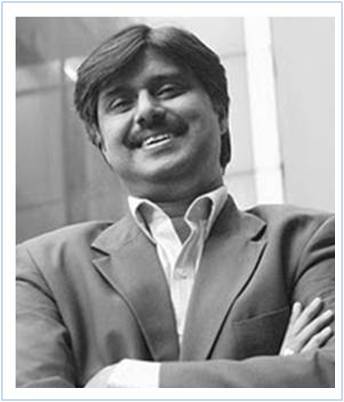

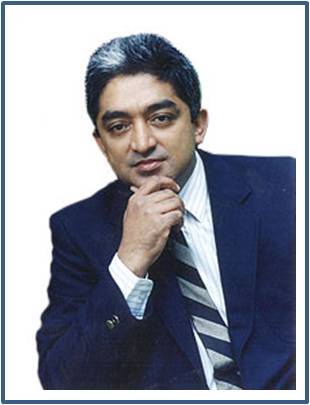





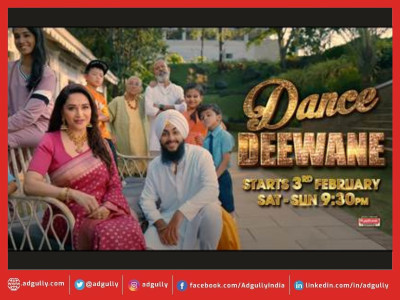


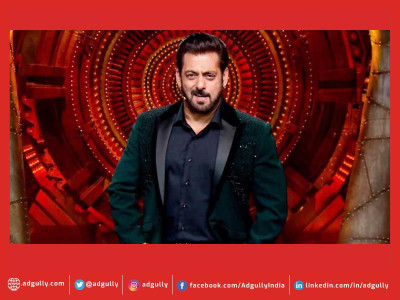

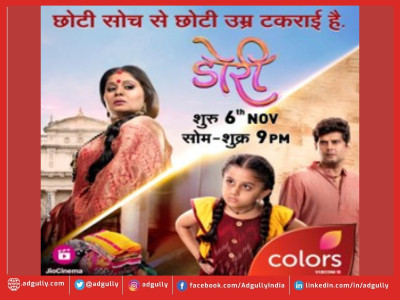



Share
Facebook
YouTube
Tweet
Twitter
LinkedIn